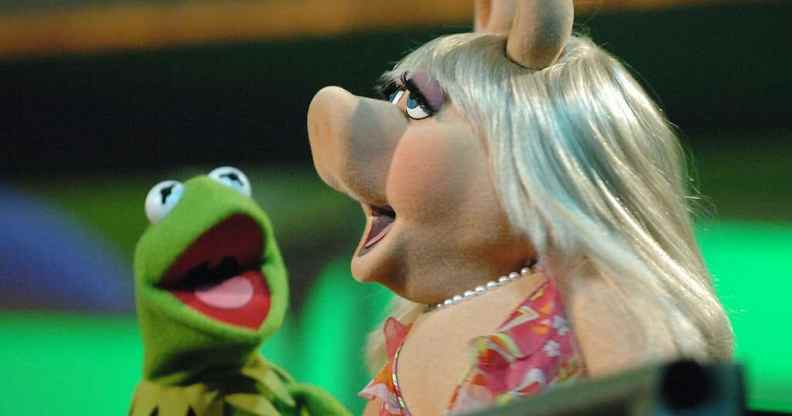Muppets creators launch search for LGBT+ puppeteers to bring ‘diverse perspectives’

Kermit the Frog and Miss Piggy. (Jeff Kravitz/FilmMagic)
The Jim Henson Company, which created The Muppets, is searching for a new generation of LGBT+ puppeteers for a three-week workshop.
The Los Angeles-based company is inviting members of the LGBT+ community, people of colour, and women from all cultural backgrounds to take part in a workshop that will nurture the next generation.
The famed puppeteering group put out a casting call on Twitter on 13 May, saying it is on the hunt for “top talent and new creative voices from diverse communities and backgrounds to train in the Jim Henson technique.”
The workshop will be led by “top performers” in the company and it will aim to cultivate “multicultural talent and diverse perspectives” in puppeteering.
Applicants must be aged 18 over over and they should be between 5’4 and 6’3 in height. The Jim Henson Company is particularly interested in those with comedic, improv or dance experience.
Successful applicants must be vaccinated against COVID-19 and they have to be free to attend the workshop five days a week for three weeks from 12-30 July.
The Jim Henson Company, headquartered in Los Angeles, CA, is seeking top talent and new creative voices from diverse communities and backgrounds to train as puppeteers in the Jim Henson technique. Please see our posted UPDATED images for complete submission guidelines. pic.twitter.com/X9ex2De0f5
— The Jim Henson Company (@hensoncompany) May 15, 2021
Queer people interested in becoming professional puppeteers are invited to send a photo, resume and a link to a stream of their puppetry or comedic work to the Jim Henson Company by Friday (21 May). Interested artists should submit their applications to [email protected].
The Muppet Show got a new lease of life when it landed on Disney+
Jim Henson created The Muppet Show in the 1970s, and it quickly became an unlikely hit with its roster of high-profile guest hosts. Throughout its five seasons, Henson introduced some of popular culture’s most memorable characters, including Kermit the Frog and Miss Piggy.
The Muppet Show went on to inspire numerous films and reboots over the years, while the original series had its own moment of rebirth earlier this year when it landed on Disney+.
However, Disney was forced to add a series of disclaimers on a number of episodes, warning viewers of “negative depictions and/or mistreatment of people or cultures”.
“These stereotypes were wrong then and are wrong now. Rather than remove this content, we want to acknowledge its harmful impact, learn from it and spark conversation to create a more inclusive future together,” the disclaimer reads.

